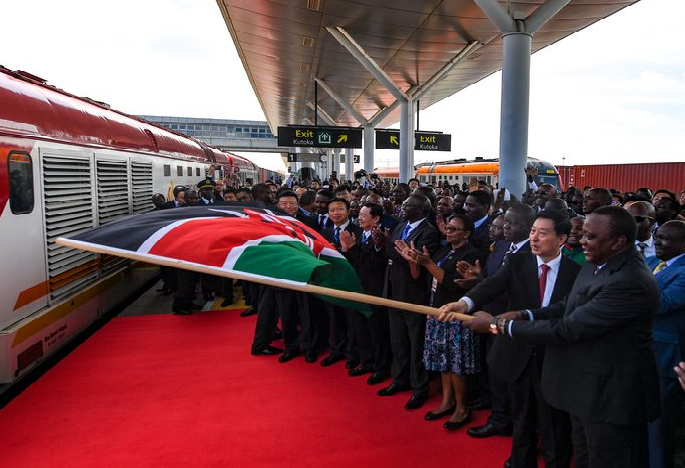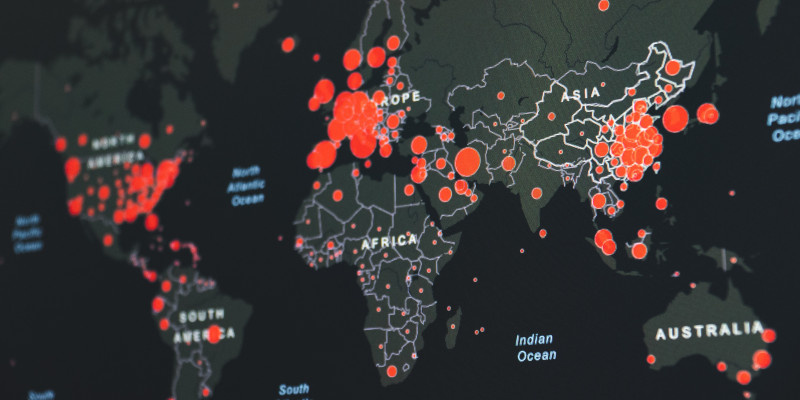Capacity building at all levels as well as mechanised agriculture are crucial for ensuring Kenya’s food security.This was the key message at the University of Nairobi’s Agro-2019 conference that closed last week.Speaking at the event in the institut…...
Capacity building at all levels as well as mechanised agriculture are crucial for ensuring Kenya’s food security.
This was the key message at the University of Nairobi’s Agro-2019 conference that closed last week.
Speaking at the event in the institution’s Department of Agriculture and Veterinary Science, Kabete Campus, the Agriculture faculty dean Prof George Chemining’wa, emphasised the need for students to learn soft skills besides their technical degrees to help them with communications and presentation skills, “or you fail to market yourself despite the abundance of knowledge”.
The last day of the three-day conference was addressed by speakers who focused on new technology, research, training and emerging ideas in the Agriculture sector.
“Provided human beings continue to eat, Agriculture will always be a business with a ready market, which we just need to exploit,” said Peter Githinji, a panellist from Africa Agribusiness Incubators Network.
The lead speakers of the day were Wellington Ekaya of International Livestock Research Institute, George Kuria, who is the CEO of One Acre Africa and Michael Wallis-Brown, the CEO of Baib International, a Finnish firm with a subsidiary in Nairobi.
Dr Ekaya called for mentorship of the youth to begin to view agriculture more as entrepreneurship than just a source of food. “
ILRI knows how key early career raining, with a focus on those just from universities, can be helpful to an economy. These are the future of food security in this country,” he said, adding that soft skills were also key in putting what was learnt to profitable use.
Mr Kuria emphasised on the need for crop insurance, focus on effects of climate change as well as research on small-holder farming. “There will be no employment if we do not create,” said Kuria.
Mr Wallis-Brown’s presentation centred on entrepreneurship in agriculture, food security, with focus on the importance of protein and how poultry could be a solution, as well as precision distributed farming.
“How have the bigger developed nations done it? It’s by looking at the many challenges that present themselves as an opportunity for research and entrepreneurship. For as long as people continue to eat, Agriculture remains one of the biggest potential employers,” said Wallis-Brown.
He emphasised the use of local, cheap and easily available resources to counter food security and diseases resulting from chemically induced agricultural products.
He added that the world had realised the value of indigenous food and that the same was expensive because attention had not been given to their production, and neither were governments seeing the potential in building the capacities of small-holder farmers growing safer food crops.
“You and I know the value of kienyeji chicken. But how many can afford it even once a month? This indigenous bird is expensive because everyone knows its nutrient content, but also know there are only a few farmers venturing in such businesses because of the little profits associated with it,” said Wallis-Brown.
Other panellists were Prof Ndichu Maingi, Dean Faculty of Veterinary Medicine and Hosea Machuki, the CEO of Fresh Produce Exporters Association of Kenya. Mr Machuki also emphasised the need for the young students and attendees of the conference to acknowledge the importance of soft skills in job searching.
Original Source: Standard Digital




